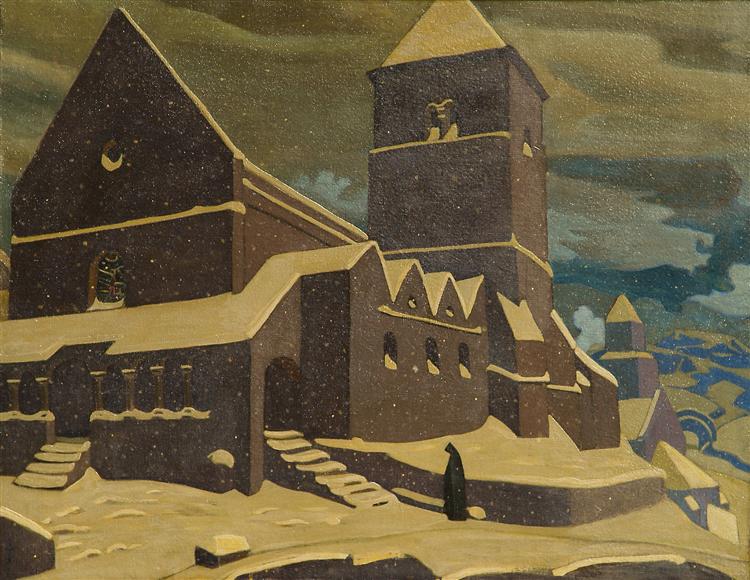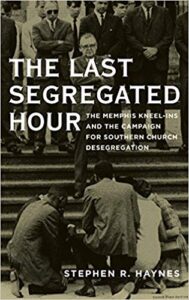Maxie Dunnam ~ Public Confession and Repentance

Note from the Editor: This week at Wesleyan Accent, as we scan, with grief, ongoing news from seeker-sensitive Protestant megachurches and Roman Catholic dioceses, we are reaching into our treasure trove of archives to reexamine different aspects of leadership. Our contributors over the years have written thoughtful, challenging reflections on leadership from a variety of perspectives.
Today we share this meditation from Dr. Maxie Dunnam, an activist in the Civil Rights Movement.
March 22, 2014 was a day of huge importance for my city of Memphis. Like many significant events, I’m afraid it went unnoticed by most. Two churches, Second and Independent Presbyterian, held a public service of confession and repentance.
Few of us would not recognize our need for individual repentance. None of us are without the mark of Adam; what we would do, we do not, and what we would not do, we do. We need repentance and forgiveness.
But this was public, corporate repentance.
Fifty years earlier to the day two young men – Joe Purdy and Jim Bullock – had visited Second Presbyterian together as part of a church visit campaign, called kneel-ins. Before the young men could reach the entrance, a church representative asked Joe, “Are you African?” When he said, “No, I’m American,” he and his white friend were refused entrance. They returned the following Sunday (and the six Sundays after that) with a growing number of friends of both races who stood outside the church in silent protest of the church’s refusal to welcome them. Though few knew it at the time, the men responsible for repelling the visitors were enforcing an explicit policy of segregation adopted by the church’s session in 1957.
 In The Last Segregated Hour, Stephen Haynes, a Religious Studies professor at Rhodes College, does a great job of telling the story, including how it is remembered and the ongoing implications.
In The Last Segregated Hour, Stephen Haynes, a Religious Studies professor at Rhodes College, does a great job of telling the story, including how it is remembered and the ongoing implications.
Independent Presbyterian Church was founded because Second Presbyterian reversed its position denying the Kneel-in Protesters’ presence in the church, and allowed them entrance. Numerous people opposed that decision, left, and founded a separate church (Independent Presbyterian), which had in its constitution the commitment to preserve racial segregation in the church.
Fifty years later, the pastors and leaders of both congregations felt a need to make a corporate response.
Thank God for pastors and lay leaders who recognized that history is important, and when unrecognized and unconfessed, sin poisons the body. We don’t keep secrets, our secrets keep us.
Jim Bullock, one of the students turned away from Second Presbyterian Church fifty years ago, and one of the speakers at the 50th anniversary commemoration service, has written about the event on March 22 for the Presbyterian News Service:
March 22, 2014 is a day I shall not soon forget. When I woke up my stomach was already churning. The rainy weather seemed to bode ill. I made my customary stop at Starbuck’s where I had my customary grande chai latte. But I could not get my stomach to settle down. Hope and fear were churning away in my gut and the words of a colleague – “you know, this thing could go really badly” – echoed in my ears. I arrived half-an-hour early at the location where the day’s events were to take place (typically, I’m at least five minutes late everywhere I go). I walked inside the church and looked around until I found the room where I was to meet several other men for a time of prayer. The prayer time had been my idea, and I was glad I had suggested it. Inside the room were representatives of three local churches – Idlewild, Second and Independent – which have little in common beyond the name “Presbyterian.” In fact, the churches represent different denominations that define themselves largely in opposition to one another. But there we were, praying for reconciliation – among us, and among the people who would come to Second Presbyterian Church that morning to commemorate the traumatic events that had split the church fifty years earlier.
As the prayer time went on, I found myself crying tears of joy. A day we had hoped for, imagined, and dreamed of was finally here. The Spirit seemed to be honoring our vision of a service of truth-telling and reconciliation at the site of one of the South’s most notorious acts of racial exclusion.
Interestingly, the public confession of particular, individual sins has ballooned in the past three or four decades in the plethora of “confessional” self-help groups that have emerged (for alcoholics, over-eaters, drug abusers, sex addicts). Yet, our ability to acknowledge the existence of large-scale, all-permeating corporate sin has dramatically decreased. We have our time of corporate confession in our worship services, but that has become so perfunctory that its purpose and power is blurred. Maybe corporate confession is dulled in meaning because in our preaching and teaching we have dramatized glaring private sins readily recognized and named, while the “hidden” sins of attitude and omission get no attention.
Scripture is full of God’s call for corporate confession and repentance…the recognition of the sins of the nation, the sins of “the whole people of God.” So what happened in that service on March 22 was not only good and redemptive for the soul of those two congregations, it was good for the whole church…perhaps a model for all.
I may be making too much of it, but I think it is also significant that this public service of confession and repentance for racism took place two weeks before our remodeled and expanded Civil Rights Museum is to be reopened in Memphis (April 4). We are dull indeed if we can visit the museum without feeling we are a “people of unclean lips and we live among a people of unclean lips.” (Isaiah 6:5) We need to repent, not only privately, but corporately.